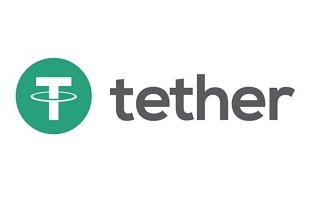Anti-Money Laundering Policy
What is Money Laundering?
Generally, the process of money laundering comprises of three stages, during which there may be numerous transactions that could alert a financial institution to money laundering activity:
- Placement: the physical disposal of benefits derived from the predicate criminal activity;
- Layering: the separation of benefits derived from the predicate criminal activity from their source by creating layers of financial transactions designed to disguise the audit trail; and
- Integration: the provision of apparent legitimacy to benefits derived from the predicate criminal activity. If the layer process succeeds, integration schemes place the laundered funds back into the economy so that they re-enter the financial system appearing to be legitimate business.
Money laundering is a serious offence. In law, it is regarded as being almost as serious as the offence which generated the criminal process. It should be kept in mind that where an employee assists a client to place, layer or integrate illegal funds that employee may have engaged in the act of money laundering. If an employee turns a blind eye where they believe a client is involved in laundering the proceeds of crime, that employee could be charged with assisting in laundering the proceeds of crime.
Policies and Procedures
AML Compliance Team
Suspicious Transaction and Activity Report
Suspicious activity can include more than just suspected money laundering attempts. Activity may be suspicious, and the Company may wish to make a filing with a law enforcement authority, even if no money is lost as a result of the transaction.
The Compliance Team will initially make the decision of whether a transaction is potentially suspicious. Once the Compliance Team has finished his review of the transaction details, he or she will consult with the Company’s senior management to make the decision as to whether the transaction meets the definition of suspicious transaction or activity and whether any filings with law enforcement authorities should be filed.
AML Policy Audit
In addition, with regards to Anti-Money Laundering/Countering Financing of Terrorism controls, licensed payment service providers must maintain an audit function to assess the effectiveness of its internal policies, procedures, controls and adherence to regulatory requirements.
CashForAction.com will go for an Independent Audit to review and assess the compliance with the AML/CFT framework.
What is Travel Rule?
Information required for Travel Rule
By making an order, you acknowledge and agree to allow us to provide our Travel Rule service provider with your personal information mentioned above.





